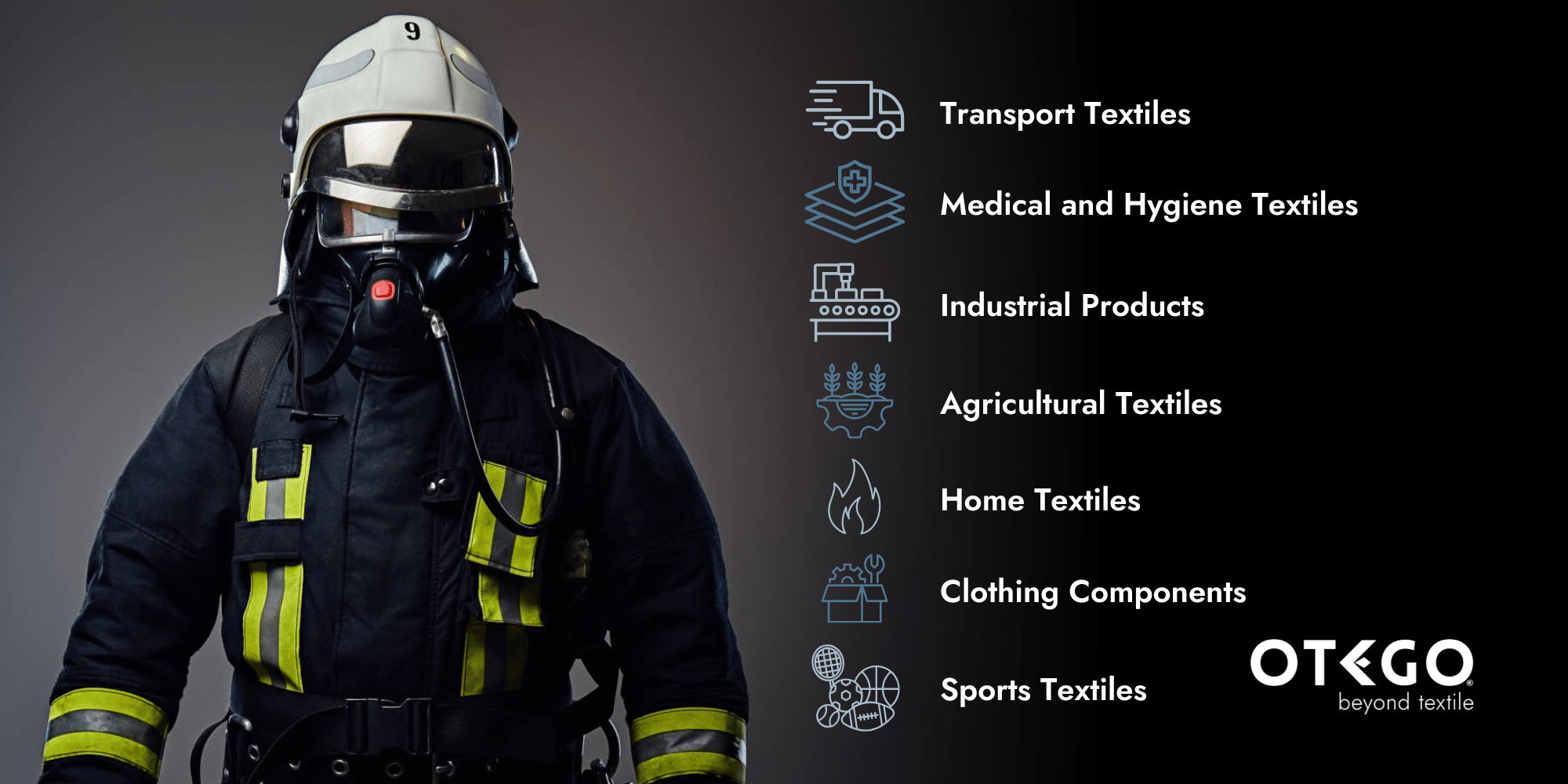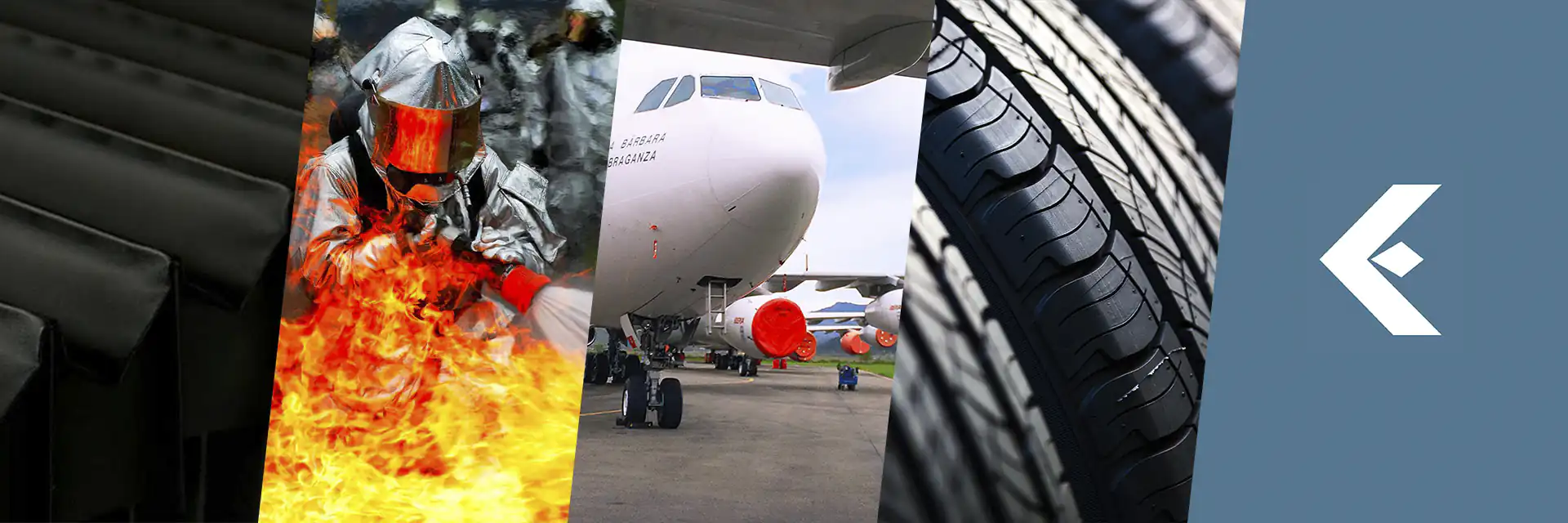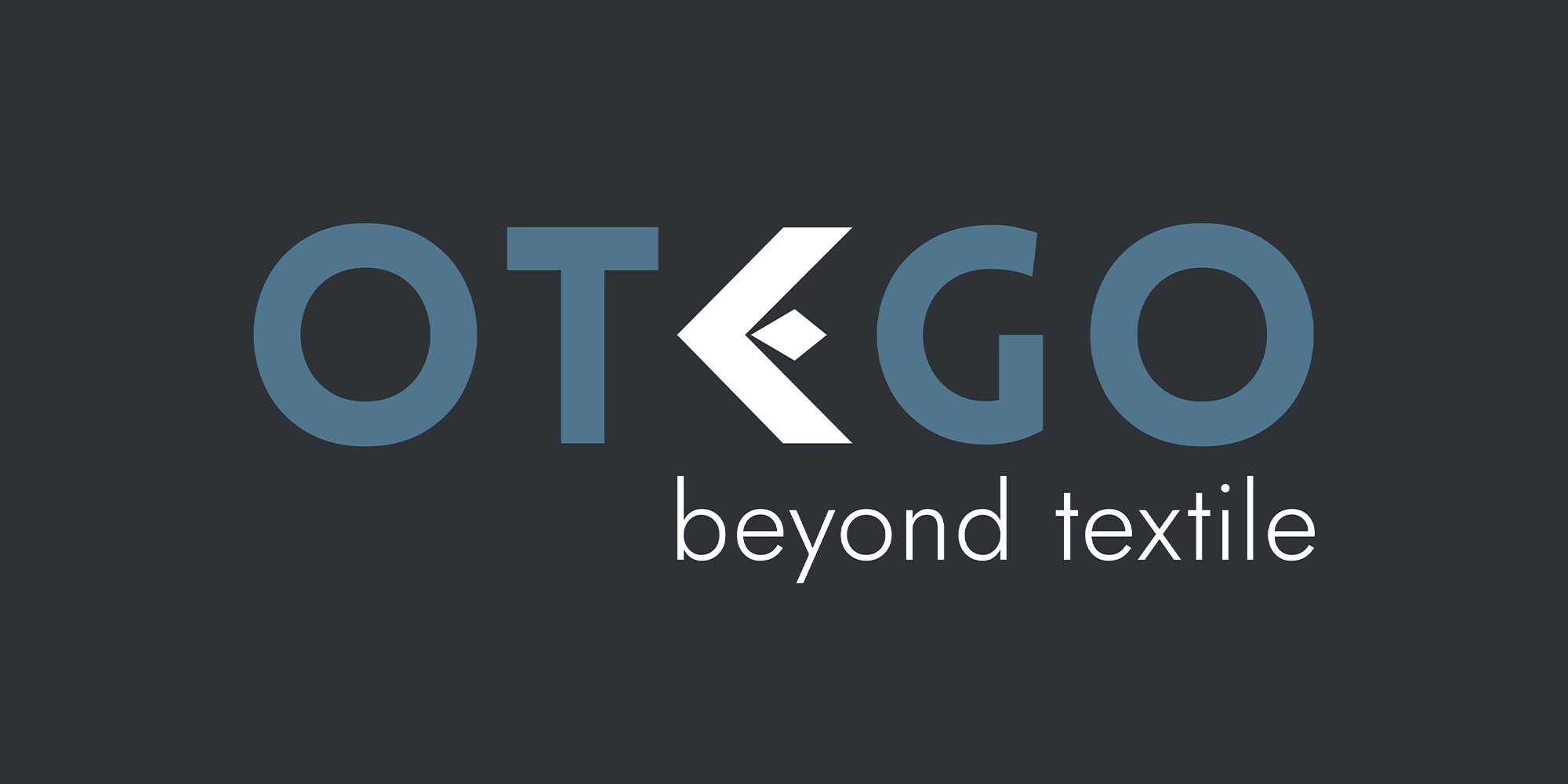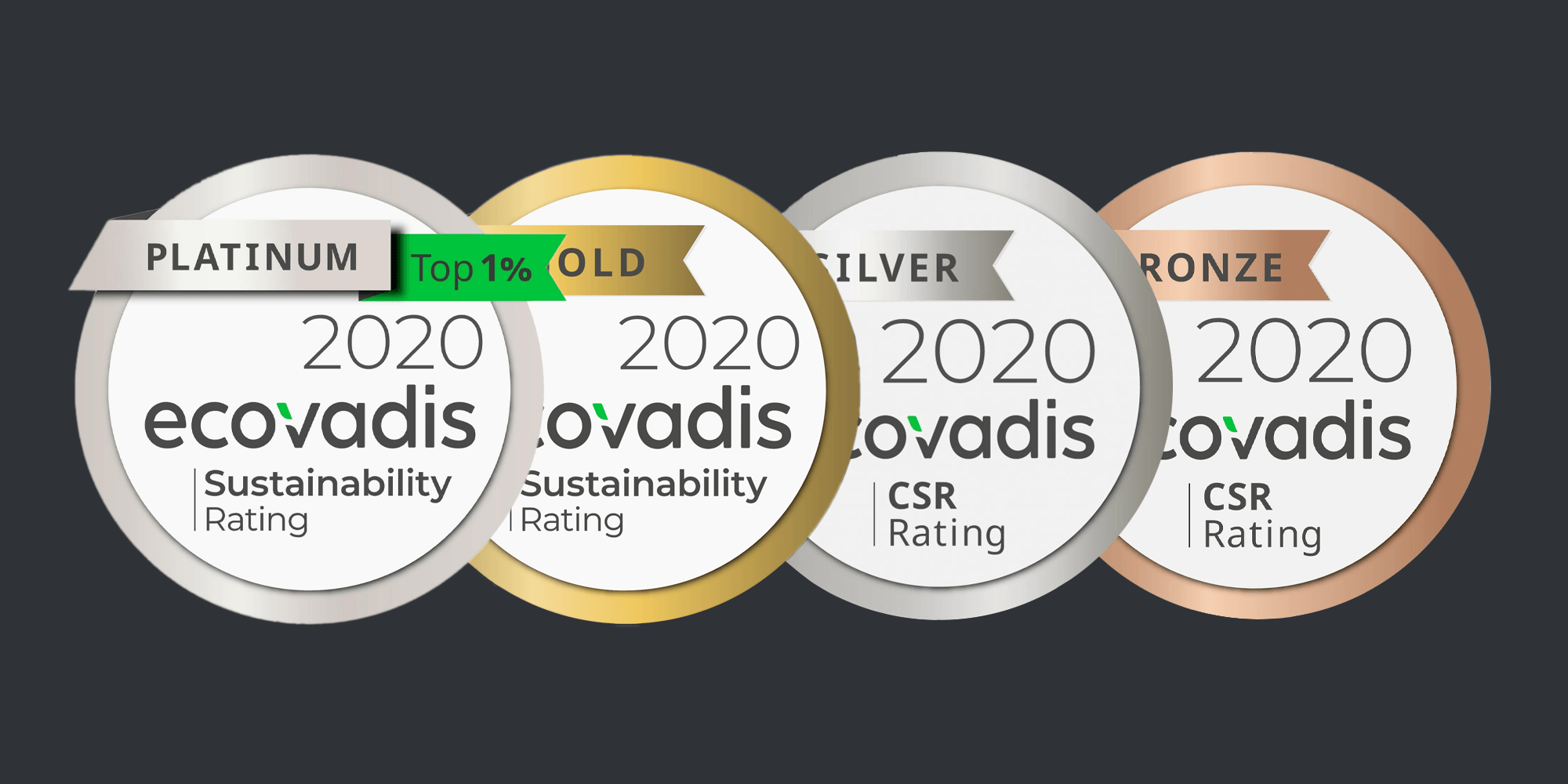Current Status of Firefighting in China Besides smoke intoxications, burns belong to the most common…

What are Technical Textiles?
Technical textiles are materials specifically engineered for functional purposes beyond traditional fabric uses. Unlike conventional textiles used for their aesthetic or decorative characteristics, they are designed to perform in specialized ways, offering benefits such as strength, durability, and resistance to fire, chemicals, or weather. These textiles serve various industries by solving specific challenges, whether that’s improving safety in vehicles, aiding in medical treatments, or supporting sustainable agriculture.
Classification of Technical Textiles
Technical textiles are categorized based on their applications. Here are the main types:
- Agrotech: Textiles used in agriculture and fishing to protect crops and animals. Examples of agro textiles include crop covers and fishing nets, which help enhance productivity and protect resources.
- Buildtech: Textiles used in construction for structural, and decorative purposes. Geotextiles, used in soil reinforcement and erosion control, are a key example.
- Clothtech: These textiles are focused on performance wear in clothing and footwear. Clothing textiles may include moisture-wicking fabrics, UV-protective materials, or fabrics designed for durability in extreme conditions.
- Geotech: Textiles used in civil engineering applications like road construction and erosion prevention. Construction textiles help stabilize soil or improve drainage in construction projects.
- Hometech: Domestic textiles designed for safety and comfort, such as fire-retardant curtains and insulation materials used in bedding and furniture.
- Indutech: Industrial textiles designed for use in sectors like manufacturing, chemicals, and electrical applications. Examples include filtration fabrics and conveyor belts that withstand tough conditions.
- Medtech: Textiles used in medical applications like surgical drapes, wound care products, and hygiene fabrics. They play a crucial role in maintaining sterile environments and aiding in recovery.
- Mobiltech: Transport textiles are used in vehicles and aerospace. These include airbags, seat belts, and materials that reinforce car structures without adding weight.
- Oekotech: Eco-friendly textiles designed to protect the environment. Examples include biodegradable fabrics and textiles used in pollution control efforts.
- Packtech: Packaging textiles that protect goods during transport, like cushioned fabrics for fragile items or textiles that protect products from moisture.
- Protech: Protective materials used for safety gear, such as flame-resistant clothing for workers in hazardous environments.
Sporttech: Textiles used in sports apparel and equipment. These fabrics are designed to enhance athletic performance, like moisture-wicking materials or protective gear for sports activities.

Applications of Technical Textiles
Technical textiles are used across various industries for specific applications:
- Transport Textiles: In the automotive and aerospace industries, textiles are crucial for safety. Airbags and seat belts are common examples, as are textile-reinforced structures and components in cars and planes that help reduce weight while improving strength.
- Medical and Hygiene Textiles: In healthcare, technical textiles are used in wound care, surgical implants, and hygiene products. For instance, antimicrobial fabrics reduce infection risk in hospitals, while specialized textiles help speed up healing.
- Industrial Products: Technical textiles are used in various industrial applications. Filtration systems, mechanical components, and materials used in manufacturing processes benefit from durable textiles designed to handle extreme conditions.
- Agricultural Textiles: These textiles protect crops from pests and weather and are often used as crop covers, nets, or windbreaks. They help farmers boost yield and protect livestock.
- Home Textiles: Fire-retardant upholstery, soundproofing materials, and insulation in home goods all fall under this category. These textiles enhance safety and comfort in residential settings.
- Clothing Components: Beyond outerwear, technical textiles are used in functional clothing components such as zippers, threads, and insulation. These materials improve comfort and performance in garments.
- Sports Textiles: Sportswear uses technical textiles to improve performance and safety. These fabrics may include moisture-wicking materials or protective padding in equipment, designed to enhance athletic abilities or prevent injuries.
Innovative Uses and Future Trends
As the field of technical textiles grows, so does innovation. One of the most exciting developments is smart textiles, which integrate technology into fabrics to interact with the wearer or their environment. For example, some textiles can monitor vital signs or adjust temperature based on environmental changes.
There is also potential for textiles to address major global challenges. Eco-friendly products designed to tackle pollution or medical textiles that deliver health benefits, such as healing wounds or delivering medication, are likely to become more common. This trend is contributing to solving pressing issues in both the environmental and healthcare sectors.
Market Growth and Economic Impact
The technical textile industry is growing rapidly as demand increases across various sectors. From healthcare and transportation to agriculture and construction, industries are investing in specialized textiles for their practical benefits. This growth is contributing to the global economy, fostering innovation, and creating new business opportunities. As new applications and markets continue to emerge, the industry’s economic impact will likely increase, offering sustainable solutions for future challenges.
FAQs on Technical Textiles
What are the 12 segments of technical textiles?
The 12 segments of technical textiles are Agrotech, Buildtech, Clothtech, Geotech, Hometech, Indutech, Medtech, Mobiltech, Oekotech, Packtech, Protech, and Sporttech. Each segment focuses on a specific application, such as agriculture, construction, healthcare, and safety. These textiles are designed to serve functional purposes, offering solutions for various industries.
What is an example of textile technology?
An example of textile technology is smart textiles, which integrate sensors or other technology to respond to changes in the environment or user needs. These can include fabrics that monitor heart rate or adjust temperature. Smart textiles are used in fields like healthcare, sports, and fashion.
Is polyester a technical textile?
Polyester is a synthetic fiber used in a variety of applications, but it is not always considered a technical textile on its own. However, when engineered for specific functions like high strength or moisture-wicking, polyester can be used in technical textile products. Its versatility makes it suitable for various industrial and performance applications.
What are the 3 categories of the textile industry?
The three main categories of the textile industry are the apparel, home textiles, and technical textiles sectors. Apparel textiles are used for clothing, home textiles for items like furniture and bedding, and technical textiles serve functional and specialized needs across various industries. Each category serves different consumer and industrial demands.

Otego Textile – Leading Manufacturer of Technical Textiles
Technical textile materials are designed for performance and functionality, serving various industries such as agriculture, construction, healthcare, and transportation. We explored their 12 segments, discussed their applications, and highlighted advancements like smart textiles and their role in solving global challenges. With a growing market and significant economic contributions, technical textiles are reshaping industries worldwide.
At Otego Textile, we embody innovation and global reach to meet industry demands. As a world leader in technical textiles, we specialize in high-performance fabrics for heat and flame protection, abrasion resistance, and anti-adhesion applications. With decades of expertise and a commitment to sustainability, we provide tailored solutions to enhance manufacturing, protect people and equipment, and improve operational efficiency.
If you’re looking for technical textiles that meet your industry’s needs for productivity, safety, and durability, contact us today. Our team is ready to deliver the solutions you need to stay ahead.


